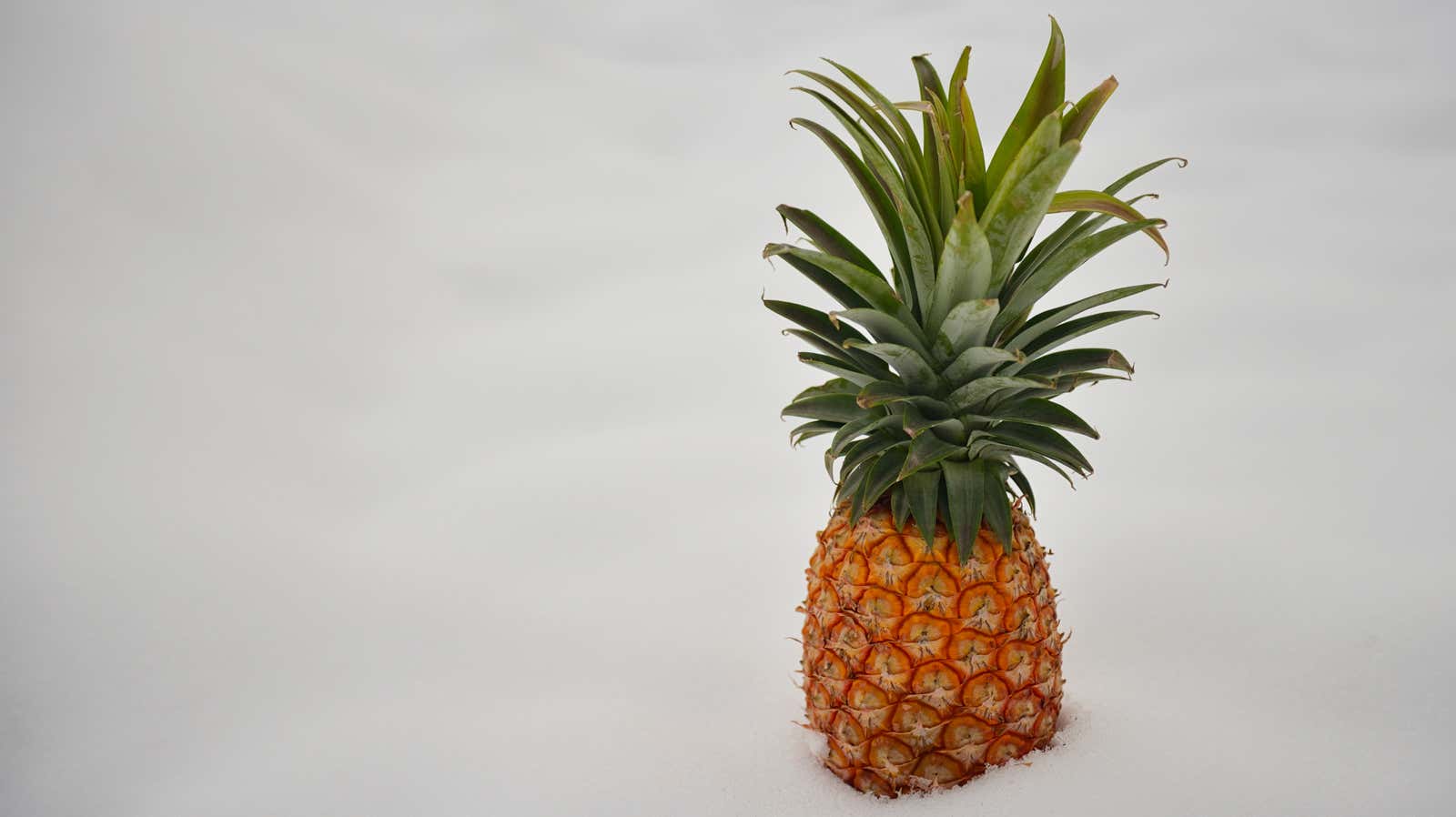Do Not Store Food Outdoors, Even If You Lose Power in Winter

Loss of electricity situations are usually stressful. The reason is that you are often dealing not only with a power outage, but also in the context of something else, such as a severe storm or natural disaster – such as extreme winter weather in Texas and many other parts of the country this week. …
When power outages occur in the summer, it is quite clear that any food you had in your fridge or freezer would be unsafe to eat relatively quickly. But in the winter, it should be okay to take perishable food outside, especially if there is snow, and store it there until the electricity comes back on, right? Unfortunately, it is not that easy. But there is one thing you can do to use the cold temperature for the benefit of your food. Here’s what you need to know.
Do not store food outdoors
According to the USDA Food Safety and Inspection Service (FSIS) , it is unsafe to store frozen or refrigerated food outdoors, even if it is cold and / or snowing outside.
FSIS explains that there are several reasons for this:
- Frozen food can melt when exposed to sunlight, even at very low temperatures.
- Chilled food can become too hot, causing food bacteria to grow.
- Outside temperatures can vary from hour to hour, and outside temperatures will not protect chilled and frozen foods.
- Perishable food can be exposed to unsanitary conditions or contamination by animals. Animals can carry bacteria or diseases; never eat food that has come into contact with an animal.
What to do instead
If you really want to save some of your perishable food instead of taking it outside, FSIS suggests taking advantage of the cold temperatures by making ice.
“Fill buckets, empty milk cartons or cans with water and leave them outside to freeze,” advises FSIS . “Then put your homemade ice in the fridge, freezer, or refrigerators.”